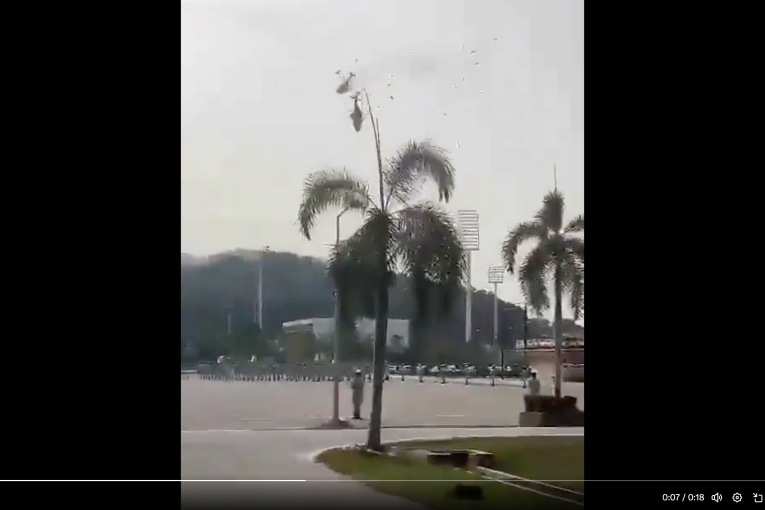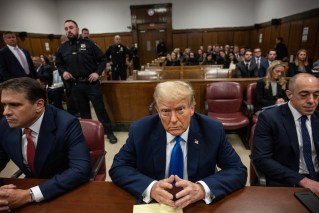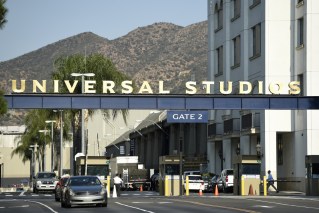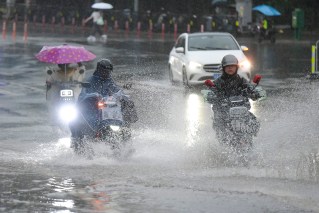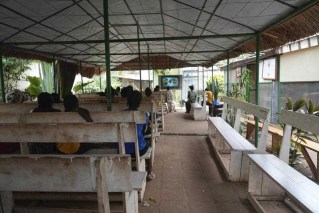Julian Assange granted Ecuadorian citizenship amid concerns for his wellbeing

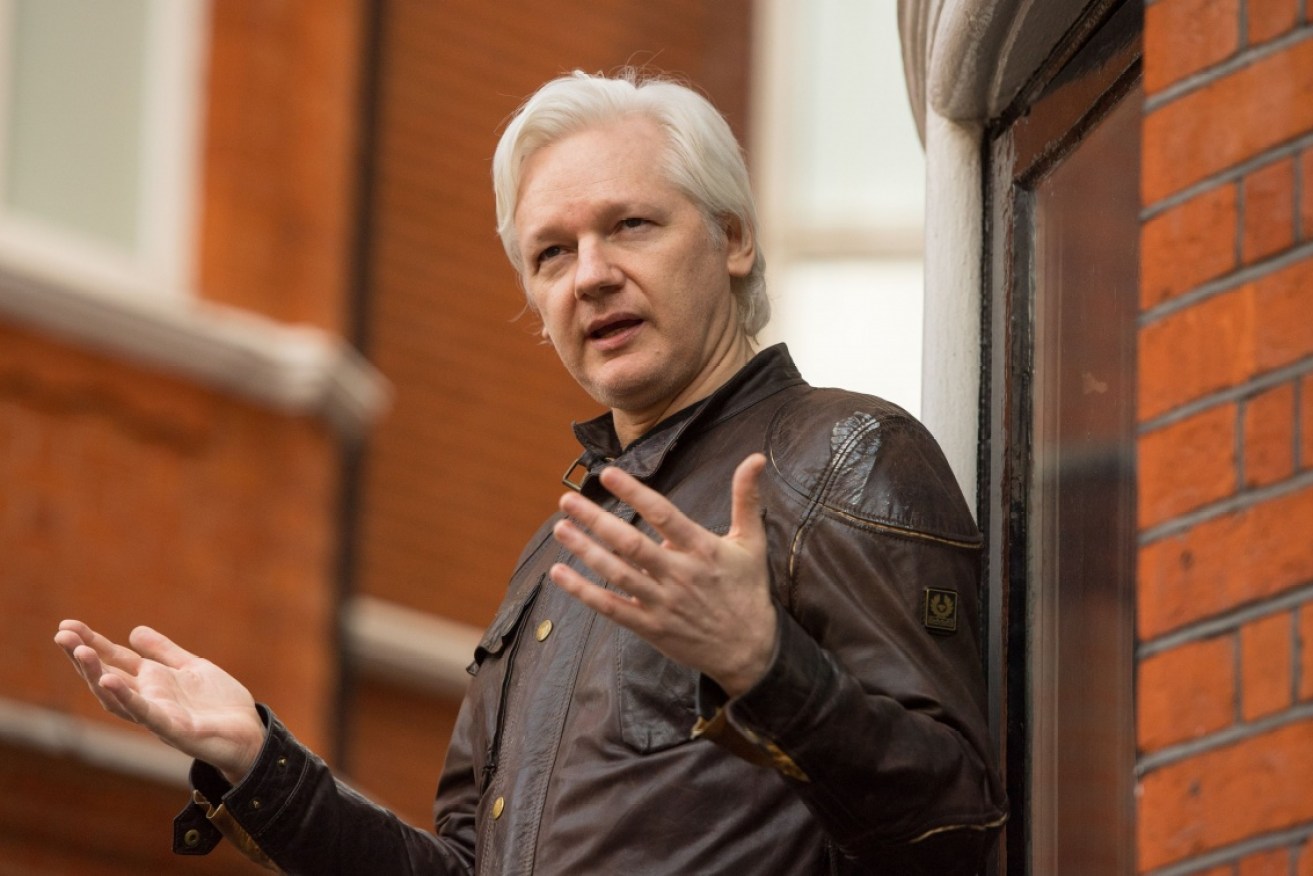
Despite being granted Ecuadorian citizenship, the WikiLeaks founder appears no closer to leaving the embassy. Photo: Getty
WikiLeaks founder Julian Assange has been granted Ecuadorian citizenship as the South American country seeks to end his “unsustainable” residence in its London embassy.
Mr Assange has been living in an office at the Ecuadorian embassy for more than five years after he sought asylum to avoid extradition to Sweden over a sex-related investigation.
Sweden dropped the case, but Mr Assange has remained in the embassy because he is still subject to arrest in Britain for breaching bail.
He also fears a possible US extradition request based on his leaking of classified State Department documents.
Ecuadorian Foreign Minister Maria Fernanda Espinosa said Friday morning (AEDT) that Mr Assange’s request for naturalisation was accepted in December, and her country continues to look for a long-term resolution to a situation that has vexed officials since 2012.
“What naturalisation does is provide the asylum seeker another layer of protection,” Ms Espinosa said.
The Australian-born Assange posted a photograph of himself wearing a yellow Ecuadorean national soccer jersey on his Twitter feed Thursday night and his name now appears in the country’s national registry.
— Defend Assange Campaign (@DefendAssange) January 10, 2018
Ms Espinosa earlier described Mr Assange’s residence at the embassy as unsustainable and expressed concerns for his wellbeing.
“A person cannot live in those conditions forever,” she said.
The new citizenship status, however, appears to change little for Mr Assange in the immediate future. He would still need to alert British authorities of any movement outside the embassy.
Ms Espinosa said Ecuador is trying to make Mr Assange a member of its diplomatic team, which would grant him additional rights under the Vienna Convention on Diplomatic Relations, including special legal immunity and safe passage.
Britain’s Foreign Office said earlier Thursday it rejected Ecuador’s request to grant him diplomatic status in the UK.
“Ecuador knows that the way to resolve this issue is for Julian Assange to leave the embassy to face justice,” the office said.
Though protected by Ecuador, the relationship between Assange and nation’s leaders has at times been delicate.
Ecuador has repeatedly urged Assange not to interfere in the affairs of other countries following his frequent online comments on international issues.
The biggest crisis came in October 2016, when the embassy cut his internet service after WikiLeaks published a trove of emails from then-US presidential candidate Hillary Clinton’s campaign.
He was also a point of contention in Ecuador’s 2017 presidential election.
Conservative candidate Guillermo Lasso pledged to evict the Australian within 30 days of taking office, while current President Lenin Moreno said he would allow him to stay.
Mr Assange later taunted after Lasso’s loss that he would “cordially invite Lasso to leave Ecuador within 30 days”.
Mr Moreno issued a warning reminding Mr Assange not to meddle in politics. He has also called Mr Assange a hacker.
– With agencies
